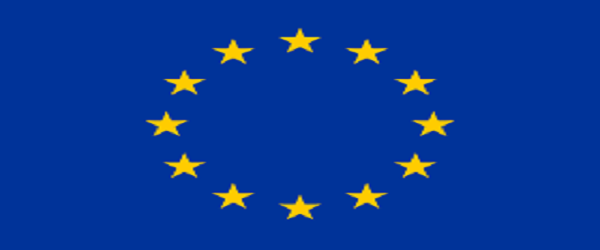08-تموز-2019

The Ministry
of Industry, Trade and Supply will launch a plan on Wednesday to promote the
use of new facilities to simplify the rules of origin in partnership with the
European Union to increase national exports to these countries.
The source, who
asked not to be named, told Al Ghad that the preparation of the plan comes in
light of the modest use of Jordanian companies by the agreement to simplify the
rules of origin despite the Kingdom obtaining additional facilities at the end
of last year.
He explained that the plan includes several axes, Industrial
facilities and how to benefit from them in increasing exports to Europe.
The
source pointed to the existence of axes of the plan include providing technical
support to industrial companies wishing to export to Europe, especially in
terms of specifications and requirements to enter these markets in partnership
with experts in this area.
He explained that the ministry will carry out
periodic review procedures within the indicators of measurement to strengthen
the strengths and address weaknesses, if any, stressing the government's
keenness to make use of the new facilities on the agreement simplifying the
rules of origin15 %.
At the end of last year, the European Union announced
further concessions on the terms of the agreement of simplification of the
rules of origin signed between Jordan and the European Union in 2016. The
Agreement covers all the existing factories in the Kingdom after being confined
to 18 specialized industrial zones and maintaining the employment ratio Syria
at 15%. The agreement was extended to 2030 instead of 2026.
The agreement also
included reducing the total number of jobs "required to provide Syrian
refugees legally and effectively" from 200,000 to 60,000 jobs at least in
various economic sectors. Following the requirement of 60,000 jobs for Syrians
in a legal and effective manner, the requirement to employ 15% of the workforce
in any factory wishing to export to Europe is automatically cancelled.
In spite
of these facilities, the total number of companies that were able to export
through this agreement reached 6 out of 13 companies that were granted the
mandate to benefit from the export decision by simplifying the rules of origin
since the entry into force of this agreement in 2016 according to data issued
by the ministry. The companies that obtained the delegation and exported are
operating in different sectors, mainly plastics, metal industries, clothing and
cables.
He attributed the industrialists in previous statements to
"tomorrow" weak use of this agreement to the absence of campaigns to
identify industrial companies with technical requirements and other procedures
that enable access to European markets and weak campaigns to promote Jordanian
products within these markets.
They stressed the need for studies to identify
the industrial products that have the opportunity to enter the markets of each
European country in addition to activating the role of economic diplomacy by
giving directives to the embassies located in European countries to be a link
between the industrial chambers and major European companies.
The latest
statistics show that the value of national exports during the first half of
this year increased by 2.4% to reach 48.6 million dinars compared to 49.8
million dinars compared to the same period last year.
×
![]()